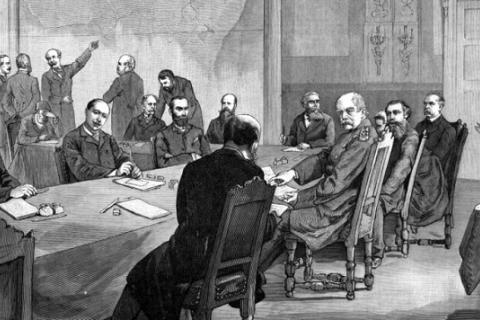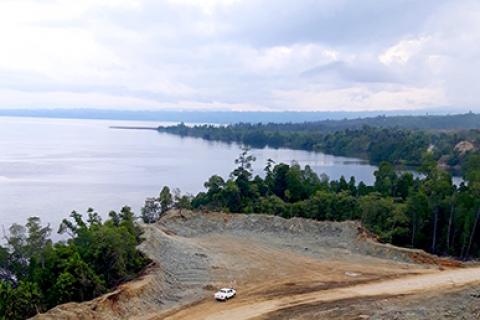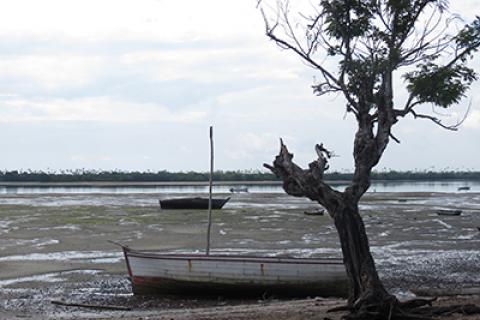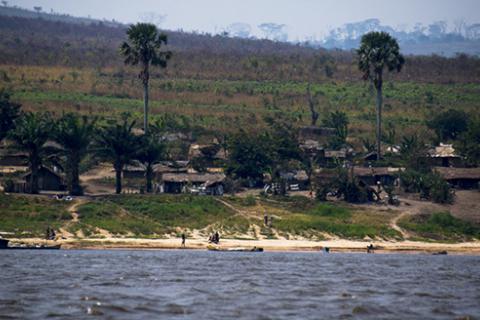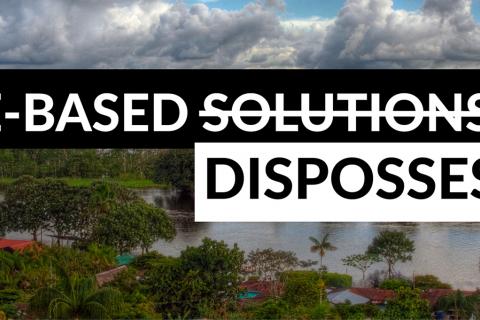Suzano, the world’s largest producer of eucalyptus pulp, is seeking to intensify its operations with so-called ‘green bonds’ as a way to finance its expansion projects.
Bulletin articles
The Sangha region is entirely under the control of three concessions that have colonial origins and continue to deploy guards against the forest inhabitants to prevent them using their ancestral lands.
This bulletin aims to reflect on the extraction, violence and oppression related to the so-called energy ‘transition’ and its ‘green’ camouflage. A transition from what? And towards what?
Electric cars have become the symbol of the ‘low carbon’ economy. As an item of consumption first and foremost for the wealthy, the negative impacts of the required minerals and metals that are extracted are frequently downplayed.
This article highlights the voices of Justiça Ambiental! in Mozambique and the African ecofeminist alliance WoMIN.
Balsa wood is an important input for windmills. Ecuador is the world’s largest exporter of this wood. The invasion of millions of wind turbines in China, Europe and the US means the extraction of metals to build them, as well as the brutal felling of balsa wood trees.
Industrial-scale renewable energy infrastructure has seen a revival in the agenda of the ‘energy transition’ and as part of the economic recovery plans in front of the pandemic. Besides, the production of ‘green hydrogen’ from these projects adds another layer of injustices.
In dominant models of energy production and consumption, the centralization of the energy matrix and the concentration of decision-making power remain, and with all the marks of inequalities, patriarchy and environmental racism, even if the source of energy has changed.
The so-called ‘digital economy’ is usually promoted as one that has a relatively low impact on the environment, one in which material resources are largely unnecessary. But what (and who) is being hidden by such images of an almost ethereal and cleaner economy?
Certification schemes seeking to legitimize activities that harm the environment and its people, with terms like “sustainable,” are a survival strategy for capitalism. In the framework of the energy transition, even the mining industry seeks to validate its unstoppable growth. A transition must happen, but in a fair and consensual way, not based on more green lies.
It is imperative to understand the concept of ‘nature-based solutions,’ to name it for what it is: ‘nature-based dispossessions’, and to expose the real threat it poses to territories.
While the concept of ‘Nature Based Solutions’ has eagerly been seized upon by polluting industries, financial institutions and governments, its origins lie somewhere else.

